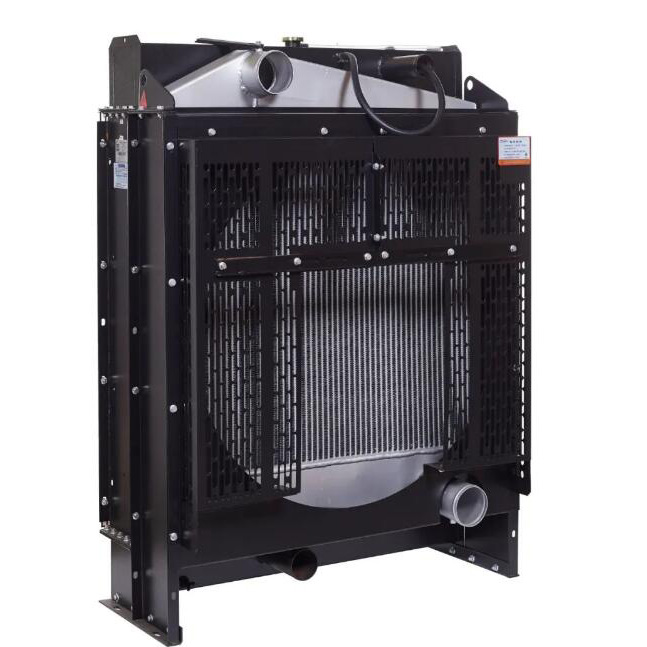The difference between copper radiator and aluminum radiator

2023-07-05
The difference between copper radiator and aluminum radiator

Copper and aluminum heat sinks are two common types of heat sinks used in various electronic devices for thermal management. Here are some key differences between copper heat sinks and aluminum heat sinks:
1.Thermal Conductivity: Copper has a higher thermal conductivity compared to aluminum. This means that copper can transfer heat more efficiently and effectively from the heat-generating component to the surrounding environment. Aluminum, although still a good conductor, has a lower thermal conductivity than copper.
2.Weight: Copper is denser and heavier than aluminum. As a result, copper heat sinks tend to be heavier and bulkier compared to aluminum heat sinks. This weight difference may affect the portability and overall weight of the electronic device.
3.Cost: Copper is generally more expensive than aluminum. Copper is a precious metal, while aluminum is more abundant and affordable. The cost difference between the two materials can impact the price of the heat sink and the overall cost of the electronic device.
4.Corrosion Resistance: Copper is highly resistant to corrosion, making it suitable for use in environments with high humidity or exposure to moisture. Aluminum, on the other hand, is more prone to corrosion and may require additional coatings or treatments to enhance its corrosion resistance.
5.Electrical Conductivity: Copper is an excellent electrical conductor, making it suitable for applications where electrical conductivity is important. Aluminum, although still a conductor, has lower electrical conductivity compared to copper. This property may be significant in certain electronic devices where electrical conductivity needs to be maximized.
6.Manufacturing and Machining: Aluminum is relatively easier to manufacture and machine compared to copper. Aluminum heat sinks can be easily extruded or formed into complex shapes, while copper may require more intricate manufacturing processes. This ease of manufacturing can lead to cost savings and greater design flexibility for aluminum heat sinks.
Despite these differences, both copper and aluminum heat sinks have their own advantages and are used in various applications based on specific thermal and design requirements. The choice between copper and aluminum heat sinks depends on factors such as thermal conductivity needs, weight restrictions, cost considerations, and environmental conditions.
 2023-07-05
2023-07-05
